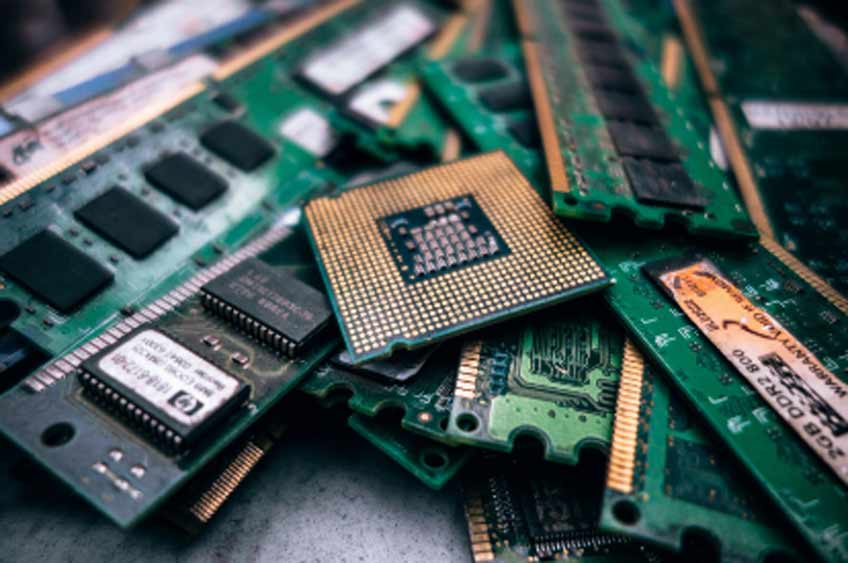While we mostly focus on metal recycling here at Gardner Metals, we believe that all forms of recycling are important. And while recycling may be a pain sometimes, don’t be overwhelmed. Our list is focused on the most important items to recycle.
When you consider just how much stuff gets thrown out every day, it becomes very clear how important recycling is. According to the EPA, Americans generated about 251 million tons of trash in 2012—that’s an average of 4.38 pounds per person, every day. However, only 34.5% of that trash was recycled or composted, meaning a lot of materials went to waste unnecessarily.
Of course, it’s not just about landfills. Recycling certain household products helps prevent chemical pollution, which has an impact on the health of local waterways and aquatic ecosystems. Recycling your junk may even help minimize dangerous mining practices, which also can potentially harm wildlife and pollute drinking water.
Below, you’ll find a list of some of the most important items to recycle—and how to find a recycling center for them near you.
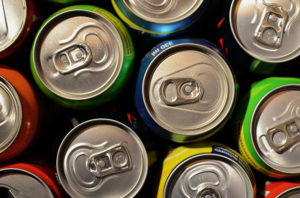
Aluminum Cans
The average person drinks 44.7 gallons of soda a year—that’s a lot of aluminum cans! Aluminum scrap is easy to recycle, especially since most areas have some kind of curbside pickup service for cans and bottles (if not, though, you can always bring cans to an metal recycling center near you). And the aluminum can recycling process is amazingly efficient: recycled cans can be back on store shelves in less than 60 days! Compared to the 500 million years that it takes landfilled aluminum to break down, that’s a pretty fast turnaround.
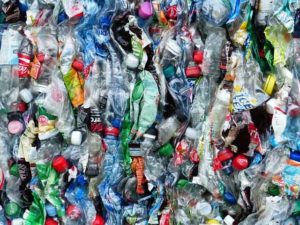
Plastic Bottles
Shoppers around the world buy about one million plastic bottles every minute. Unfortunately, though, less than half of plastic bottles produced get recycled. In fact, a whole lot of plastic winds up in the ocean, where it breaks down into small fragments to be eventually consumed by local marine life, which in turn are passed onto humans through the fish and shellfish we eat.
When researchers studied this effect, they found that around one-fourth of all edible fish sold in markets contained plastic particles. Basically, all of this could be prevented with some savvy recycling practices. So do the world—and your digestive system—a favor, and recycle your plastic bottles!
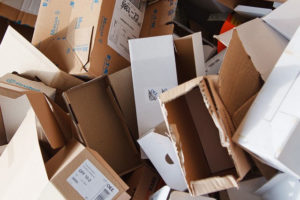
Cardboard Boxes
Online shopping is fast and convenient, but throwing away all those cardboard boxes is a definite environmental faux pas. It takes three tons of virgin timber to make just one ton of cardboard, so that’s an official net loss for the world’s resources. The good news, however, is that most regional recycling services accept flattened cardboard boxes. Invest in a box cutter so you can break down each box before placing it in your curbside bin. You’ll never feel guilty about your online shopping habit again—well, at least where the environment is concerned!

Appliances
About 9 million used refrigerators go into the trash each year, and as you might imagine, these huge, bulky appliances take up lots of room in landfills. Lower your landfill footprint by recycling used metal appliances like fridges, washers and dryers, stoves, microwaves and dishwashers. Your local metal recycling center can salvage valuable materials like scrap steel and copper from your donation—scrap that can be used to create brand-new products. And copper and steel recycling can net you some serious cash for your efforts, too!
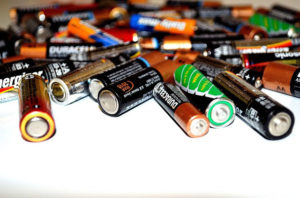
Batteries
Recycling batteries doesn’t just remove harmful chemicals from the environment. It also provides a handy source of recycled zinc that can be used in everything from dietary supplements to sunscreen. Bring your used batteries to your local recycling center, or take them to a battery collection box at your local Best Buy, Home Depot or Staples. Be sure to call first and check store recycling policies—some sites may not accept alkaline batteries.

Light Bulbs
If you’re making the move to replace older light bulbs with LEDs, congrats! Your actions will go a long way to save energy and reduce waste in your home. However, all those old incandescent and fluorescent bulbs have to go somewhere, and unfortunately, that “somewhere” is often right in the trash.
Landfilling old bulbs is an environment no-no, though. Fluorescent and CFL bulbs contain mercury, which you may recognize as a toxic substance. Do the eco-conscious thing and dispose of bulbs properly by bringing them to a local waste disposal center.

Old Computers
There are lots of reasons to recycle your outdated computers. As you’re probably already all too aware, the lifespan for computers is fairly short. It only takes a few years for most models to become outdated, which means an awful lot of old ones are cluttering up landfills. Computer recycling has other advantages as well: many electronics contain hazardous chemicals and materials, like lead, mercury and chromium hexavalent. Recycling your e-waste keeps these dangerous substances out of local water supplies and away from wildlife and ecosystems.
Other Electronics
Of course, there’s a lot more to e-waste recycling than computers. Any kind of used electronics, from audio equipment to window fans, is a good candidate for electronic recycling. Turning over old electronics to a certified electronic recycling center means that precious metals like gold, copper or platinum are reclaimed and reused. That’s a good thing, because mining practices for these metals are often harmful to local ecosystems. Not to mention that you’ll get paid for metals you bring in to a metal recycling center.
If you’re looking for an “electronic recycling near me,” look no further than Gardner Metals. For more information about household recycling, check out the resources at Earth911.com or give us call today at (512) 994-2943 for a free quote! We make recycling easy!

